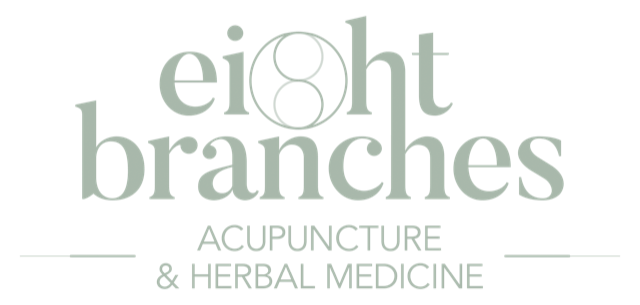
Acupuncture
The focus is on you as an individual, not your illness, and all symptoms are seen in relation to each other. Treatment involves the insertion of very fine needles into specific points on the body to affect the flow of your body’s qi, or vital energy.
"Health is the greatest possession. Contentment is the greatest treasure. Confidence is the greatest friend. Non-being is the greatest joy." ~ Laozi
How does Acupuncture work?
Acupuncturists insert very fine needles at precisely located points to connect with your body’s qi. They will decide which points are right for you after a detailed consultation covering every aspect of your health and lifestyle. The aim is to direct the flow of qi to trigger your body’s healing response and to restore physical, emotional and mental equilibrium. Acupuncture is designed to affect your whole being as well as your symptoms so, along with the reason for your consultation you may notice an overall improvement and increased feeling of well-being.
Is Acupuncture safe?
Acupuncture can be authenticated to over 3000 years and is a long established tradition that is now globally recognised, including in the UK. In East Asia it is routinely used as part of an integrated healthcare system, and is also practised in many teaching hospitals. Traditional medicine, including acupuncture, is now recognised by the World Health Organisation (WHO) International Classification of Diseases (ICD-11) coding system.
Two surveys conducted independently of each other and published in the British Medical Journal in 2001 concluded that the risk of a serious adverse reaction to acupuncture is less than 1 in 10,000. One survey was of traditional acupuncturists and the other of doctors who practise acupuncture. A total of 66,000 treatments were reviewed altogether, with only a handful of minor and transient side effects recorded. A 2003 survey of 6,000 patients of acupuncture produced almost identical figures. A more recent review in 2019 evaluated acupuncture research trials in Australia for safety and adverse events. The authors assessed 1160 treatments conducted in such trials. They concluded low rates of minor adverse events (such as bruising or nausea) when acupuncture was carried out by highly qualified practitioners.




